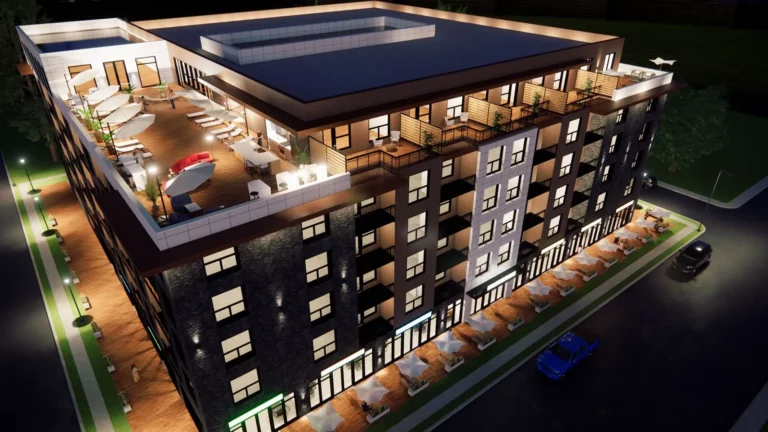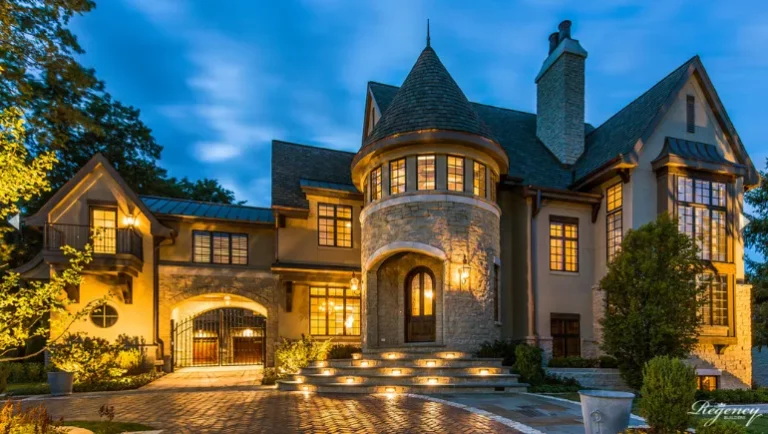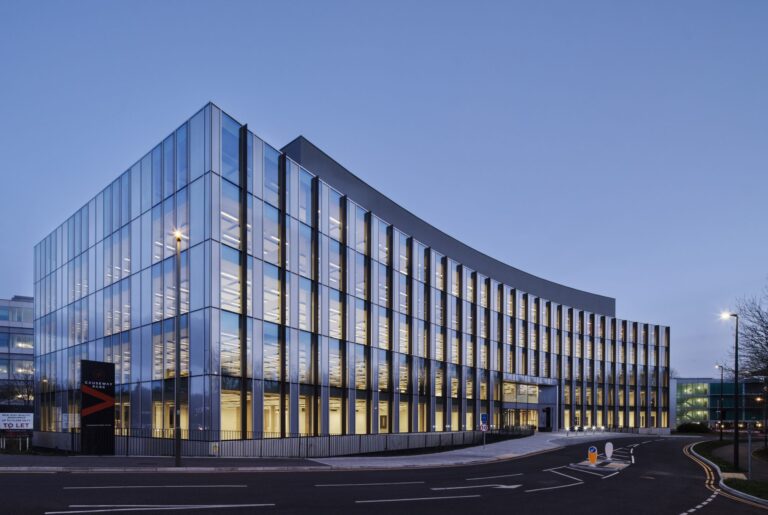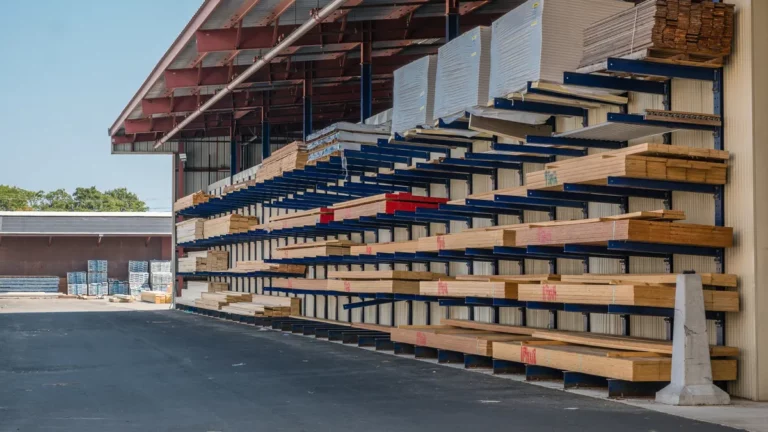Universal Builders: Complete Guide to Modern Construction
The term universal builders refers to construction professionals or companies capable of managing a wide variety of building projects, from residential homes to large-scale commercial developments. Unlike specialized contractors who focus on narrow areas such as plumbing or roofing, universal builders offer a comprehensive approach to construction.
They serve as a one-stop solution for homeowners, developers, and organizations seeking efficiency and quality. By integrating design, project management, and execution, Universal Builders minimizes the need for multiple contractors. This approach reduces miscommunication, accelerates project delivery, and provides clients with a seamless building experience.
Why Universal Builders Are Essential in Today’s Industry
In today’s fast-paced construction landscape, time, quality, and cost management are crucial. Universal builders provide solutions that cover all these elements by combining expertise across multiple trades under one roof. Whether it is handling permits, sourcing sustainable materials, or supervising complex electrical systems, they take on every responsibility with professionalism.
Clients benefit because they no longer have to coordinate between multiple specialists. Instead, universal builders act as the central point of accountability, ensuring quality control, timely delivery, and adherence to safety regulations. This makes them indispensable for both homeowners and businesses seeking reliable construction services.
Core Responsibilities of Universal Builders
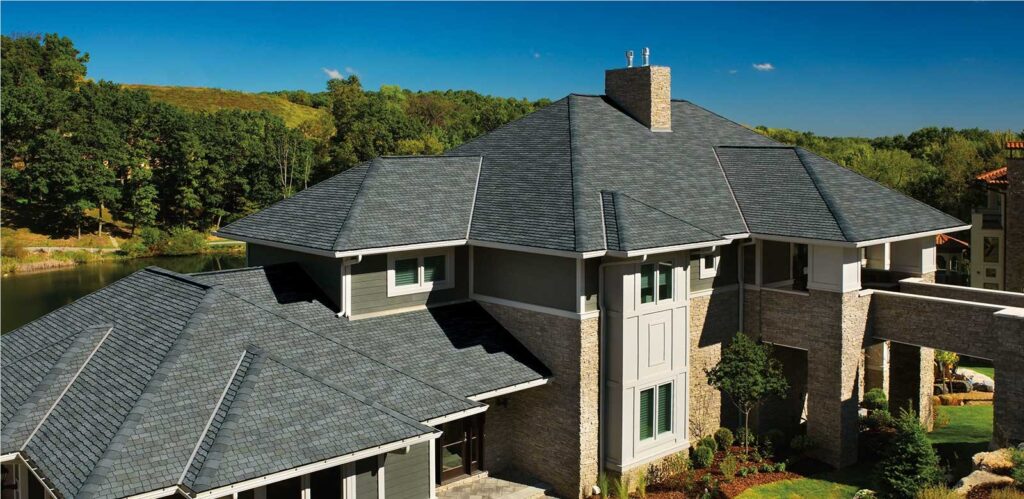
Universal builders handle a broad spectrum of tasks. First, they manage project planning and design coordination, ensuring architectural blueprints translate into practical outcomes. This often involves collaborating with architects and engineers to refine designs before construction begins.
They also manage supply chain and procurement, sourcing quality materials at competitive prices. During construction, they supervise subcontractors, enforce safety standards, and oversee inspections. Additionally, they provide maintenance and renovation services, ensuring that structures remain functional and safe long after the initial build.
The Role of Technology in Universal Building
Technology has transformed the way universal builders operate. Tools such as Building Information Modeling (BIM) allow them to create detailed 3D models of projects, predicting potential challenges before construction begins. This reduces errors, saves money, and ensures smoother execution.
Mobile apps and cloud-based project management platforms enhance communication between teams and clients. With real-time updates, homeowners and developers can track progress, approve changes, and stay engaged in the project without being physically present on-site.
Drones and advanced surveying equipment also help universal builders conduct precise inspections, measure land accurately, and improve safety compliance. These technological advancements not only streamline workflow but also build trust with clients by offering transparency and efficiency.
Real-World Examples of Universal Builders in Action
Example 1: Custom Residential Home Project

A universal builder working on a luxury residential property managed every stage, from site preparation to final interior finishes. They coordinated with designers to incorporate features such as energy-efficient HVAC systems, smart home technologies, and eco-friendly materials.
This project demonstrated how universal builders integrate multiple specialties seamlessly. The homeowner did not have to hire separate plumbers, electricians, or carpenters. Instead, the builder’s team delivered a cohesive project while ensuring that timelines and budgets were met.
Example 2: Commercial Office Building
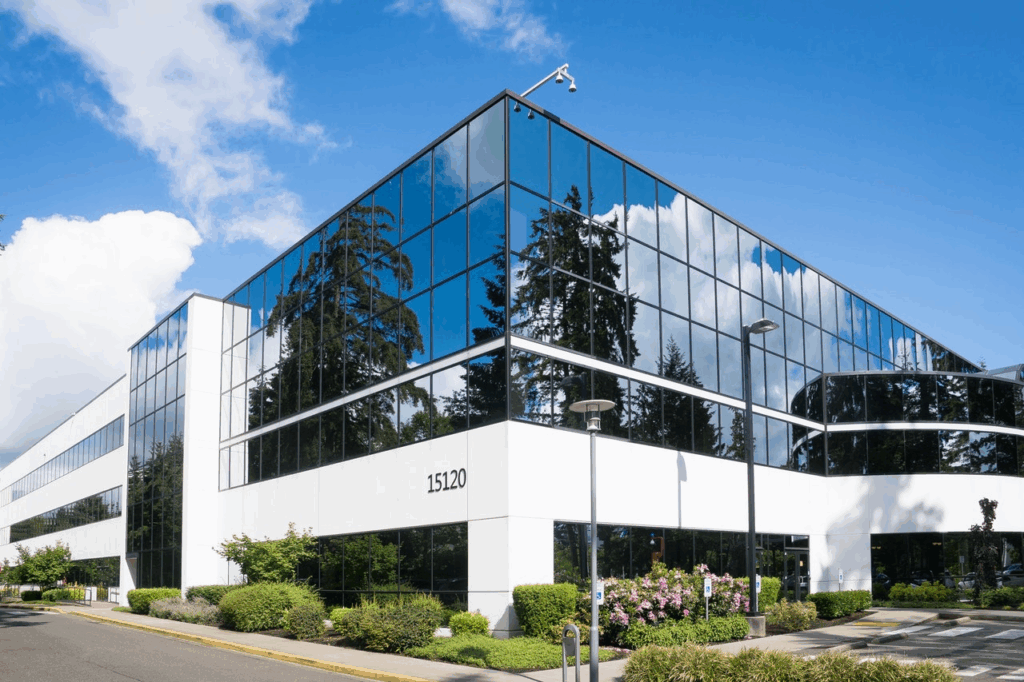
In another scenario, a universal builder was contracted to construct a mid-sized commercial office building. This project required expertise in structural engineering, electrical systems, fire safety, and HVAC installations. The builder managed all subcontractors and ensured compliance with commercial building codes.
By leveraging technology like BIM, they reduced costly design clashes between electrical and plumbing systems. The result was an efficient and safe workspace delivered within strict deadlines, reinforcing the client’s trust in Universal Builders for large-scale developments.
Example 3: Green and Sustainable Building

Sustainability is a growing priority in construction. One universal builder completed a green-certified apartment complex equipped with solar panels, rainwater harvesting, and recycled materials. Their ability to source eco-friendly materials and ensure energy-efficient design highlighted the importance of universal builders in promoting sustainable development.
This example underscores how universal builders can adapt to industry trends while ensuring projects remain cost-effective and environmentally responsible.
Example 4: Renovation of Historic Properties
Restoring older or historic properties requires specialized expertise. A universal builder managed the renovation of a century-old townhouse, balancing modern safety codes with preservation of original architecture. They integrated new plumbing and electrical systems while retaining the property’s historic character.
This demonstrates the versatility of universal builders, showing they can manage both new construction and complex renovation projects with equal precision.
Benefits of Hiring Universal Builders
One of the main benefits of hiring universal builders is comprehensive project management. Clients no longer have to juggle multiple contractors, as universal builders provide an all-in-one solution. This minimizes miscommunication and reduces delays.
Another advantage is cost efficiency. By managing supply chains and subcontractors, universal builders often secure better prices and streamline resource allocation. This results in savings without compromising quality.
Clients also benefit from higher quality control. Universal builders have reputations to uphold, which means they emphasize craftsmanship, safety, and compliance. Their holistic approach ensures durable, functional, and aesthetically pleasing outcomes.
Common Use Cases of Universal Builders
Residential Projects
From single-family homes to luxury estates, universal builders handle every step, including foundation work, electrical systems, and finishing details.
Commercial Developments
They oversee large-scale office buildings, retail spaces, or industrial facilities, coordinating multiple trades to ensure efficient delivery.
Renovations and Remodels
Universal builders excel in upgrading kitchens, bathrooms, or entire properties while maintaining safety and style.
Sustainable Building Initiatives
They are at the forefront of eco-friendly projects, sourcing sustainable materials and implementing green technologies.
Practical Advantages of Technology in Universal Building
Technology not only speeds up projects but also improves accuracy and client satisfaction. BIM reduces design conflicts, while drones enhance site inspections. Cloud-based platforms improve communication, reducing misunderstandings between clients and contractors.
The practical advantage is clear: projects are delivered faster, with fewer errors, and at a lower cost. Clients enjoy transparency, as technology enables them to track progress and stay informed. For universal builders, this builds credibility and ensures repeat business.
Real-Life Problems Universal Builders Help Solve
Universal builders solve one of the biggest issues in construction: fragmentation of services. Homeowners and businesses often struggle to coordinate multiple specialists, leading to delays and budget overruns. By consolidating these services, universal builders streamline the entire process.
They also address compliance challenges by ensuring projects meet safety and regulatory standards. This prevents costly fines or delays caused by failed inspections. Additionally, they solve resource management issues by sourcing materials efficiently and managing subcontractors effectively.
In real life, this means fewer headaches for clients, faster project delivery, and peace of mind knowing that everything is handled professionally.
FAQs about Universal Builders
1. How are universal builders different from specialized contractors?
Universal builders manage a wide range of construction services under one roof, while specialized contractors focus on one trade ,such as plumbing or electrical work.
2. Do universal builders handle both residential and commercial projects?
Yes, universal builders are versatile and can manage everything from single-family homes to large commercial developments, including renovations and remodels.
3. Why should I choose a universal builder over hiring multiple contractors?
Hiring a universal builder simplifies project management, reduces miscommunication, and ensures quality control. It often saves time and money while delivering a seamless experience.
